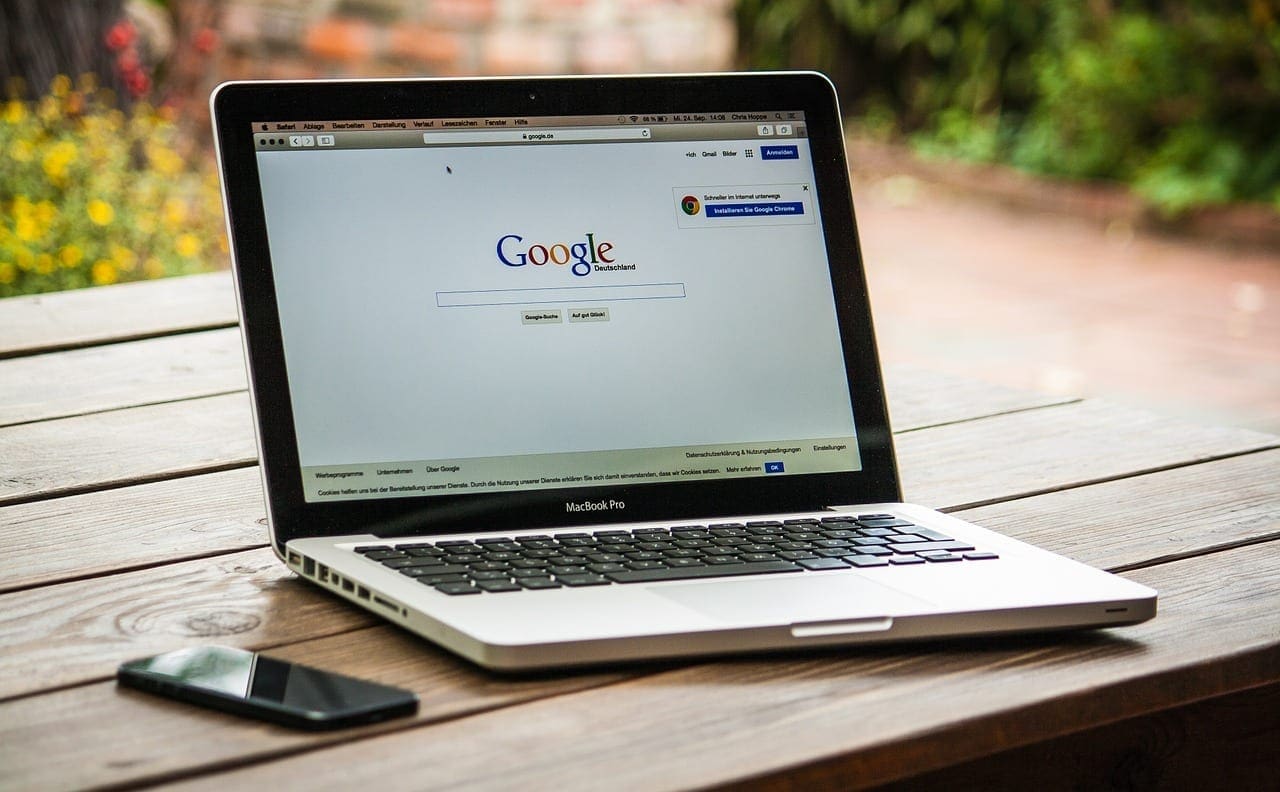Do you get frustrated by pop-ups blocking all of the content that you want to view on a website? Numerous businesses use these advertisements, which are called “intrusive interstitials”. Not only are intrusive interstitials nosey and forward, but they also give mobile users a poor web experience because of the smaller screen size.
What is being done about these advertisements?
Google has taken note of mobile users’ frustrations. Websites that utilize intrusive interstitials will be penalized (i.e have a lower ranking in Google search results) beginning January 10th, 2017. By ensuring a lower ranking for websites that host these interstitials, this action will deter other websites from using this practice.
Which interstitials are being targeted?
Google has defined three specific types of intrusive interstitials that will be targeted by the changes in January. These types of interstitials are:
- Pages showing a popup that covers the main content. These can be popups that appear either immediately after a user navigates to the page, or while they are viewing the content.
- Using a layout where the above-the-fold portion of the page appears similar to a standalone interstitial, but the original content has been inlined underneath the fold. These are advertisements that appear to be standalone entities because the content is pushed further down the page.
- Standalone interstitials that require dismissal before being given access to the main content of the page.
The use of any of these forms of intrusive interstitials will result in a negative penalty in a business’ Google search results.
Which interstitials are accepted?
Not all interstitials are going to be problematic, however. If used responsibly, the three types of advertisements that will not be affected by these changes are:
- Interstitials appearing for legal reasons, such as age verification and cookie usage.
- Login dialogs on sites where content is not publicly indexable. For example, this would include private content such as email or unindexable content that is behind a paywall.
- Banners that use a reasonable amount of screen space and are easily dismissible.
Remember that these forms of interstitials will not be penalized in Google search results, only if they are used appropriately.
Google’s announcement of intrusive interstitial penalties will increase mobile friendliness across the web. Make sure that you are up to date with these new restrictions, because the penalties can certainly harm your business’ web traffic.

